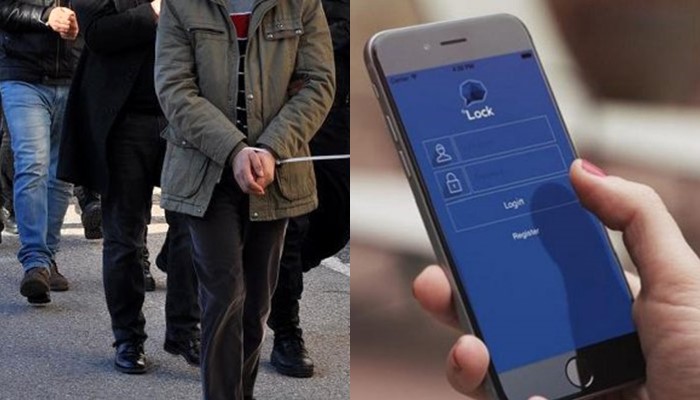The Ankara and İzmir chief public prosecutor’s offices on Tuesday issued detention warrants for a total of 70 people as part of a post-coup witch hunt targeting alleged members of the Gülen movement, the pro-government Hürriyet daily reported.
According to the report police detained seven of 20 suspects who were sought by the Ankara Chief Public Prosecutor’s Office for using the ByLock mobile phone messaging app.
Turkish authorities believe ByLock is a communication tool among alleged followers of the Gülen movement. Tens of thousands of people, including civil servants, police officers, soldiers, businessmen and even housewives, have either been dismissed or arrested for allegedly using ByLock since a coup attempt on July 15, 2016.
Thirty-three of 50 people who were sought by the İzmir Chief Public Prosecutor’s Office for working at now-closed schools close to Gülen movement in İzmir province were detained by police in operations in 15 provinces.
Some 20,000 people had been detained in 2018 over alleged links to the movement by the end of September.
President Recep Tayyip Erdoğan and his ruling Justice and Development Party (AKP) government pursued a crackdown on the Gülen movement following corruption operations in December 2013 in which the inner circle of the government and then-Prime Minister Erdoğan were implicated.
Erdoğan also accuses the Gülen movement of masterminding the coup attempt in July 2016.
Despite the movement strongly denying involvement in the failed coup, Erdoğan launched a witch-hunt targeting the group following the abortive putsch.
According to the TurkeyPurge.com website, the total number of people dismissed after the 2016 coup attempt exceeds 170,000.
The European Commission said in a report on April 17 that since the introduction of a now-ended state of emergency on July 20, 2016, over 150,000 people were taken into custody and 78,000 were arrested.
Turkish Interior Minister Süleyman Soylu on Dec. 12, 2017 said 234,419 passports had been revoked as part of investigations into the Gülen movement since the failed coup.
On Nov. 16, 2017 Soylu had said eight holdings and 1,020 companies were seized as part of operations against the movement.



